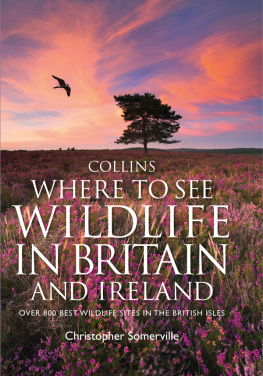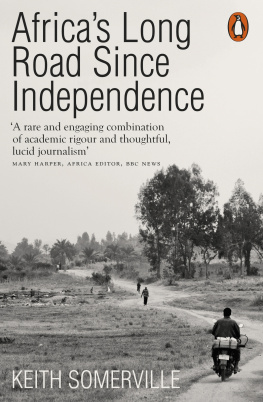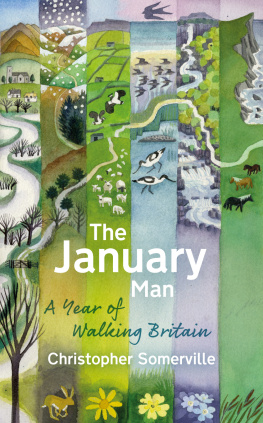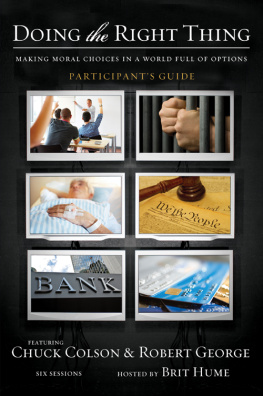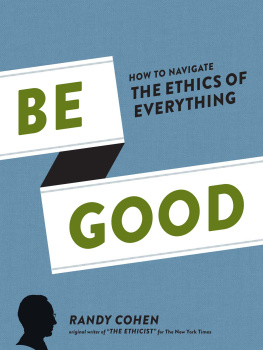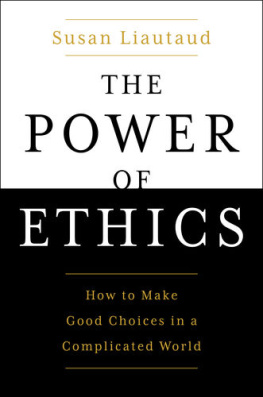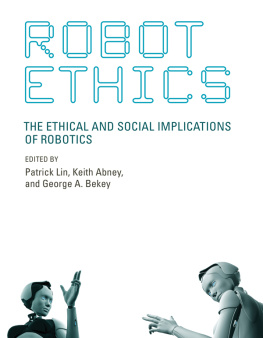The Massey Lectures Series
The Massey Lectures are co-sponsored by cbc Radio, House of Anansi Press, and Massey College in the University of Toronto. The series was created in honour of the Right Honourable Vincent Massey, former governor general of Canada, and was inaugurated in 1961 to provide a forum on radio where major contemporary thinkers could address important issues of our time.
This book comprises the 2006 Massey Lectures, The Ethical Imagination, broadcast in November 2006 as part of cbc Radios Ideas series. The producer of the series was Philip Coulter; the executive producer was Bernie Lucht.
Margaret Somerville
Margaret Somerville is Samuel Gale Professor of Law, Professor in the Faculty of Medicine, and Founding Director of the Centre for Medicine, Ethics and Law at McGill University, Montreal. She has an extensive national and international publishing and speaking record and is a frequent commentator in all forms of media. She is deeply committed to the publics right to be involved in the decision-making shaping our society. To this end, she wrote The Ethical Canary: Science, Society and the Human Spirit and Death Talk: the Case against Euthanasia and Physician-Assisted Suicide. She has edited Do We Care? Renewing Canadas Commitment to Health (Proceedings of the first Directions for Canadian Health Care conference); and co-edited Transdisciplinarity: reCreating Integrated Knowledge. Professor Somerville is a regular consultant, nationally and internationally, to a wide variety of bodies including governments, United Nations organizations, and ngos, especially regarding ethics and public policy, and has served on many editorial boards, advisory boards, and boards of directors. She has received many honours and awards, including the Order of Australia, and honorary doctorates in law and in science. In 2003 she became the first recipient of the unesco Avicenna Prize for Ethics in Science.
The
Ethical
Imagination
Journeys of the Human Spirit
Margaret Somerville

Copyright 2006, Margaret Somerville
All rights reserved. No part of this publication may be reproduced or transmitted in any form or by any means, electronic or mechanical, including photocopying, recording, or any information storage and retrieval system, without permission in writing from the publisher.
Published in 2006 by
House of Anansi Press Inc.
110 Spadina Avenue, Suite 801
Toronto, ON, M5V 2K4
Tel. 416-363-4343
Fax 416-363-1017
www.anansi.ca
Distributed in Canada by
HarperCollins Canada Ltd.
1995 Markham Road
Scarborough, ON, M1B 5M8
Toll free tel. 1-800-387-0117
CBC and Massey College logos used with permission
10 09 08 07 06 1 2 3 4 5
LIBRARY AND ARCHIVES CANADA CATALOGUING IN PUBLICATION DATA
Somerville, Margaret A., 1942
The ethical imagination / Margaret Somerville.
(CBC Massey lectures)
Includes bibliographical references and index.
ISBN-13: 978-0-88784-747-9
ISBN-10: 0-88784-747-1
I. Title. II. Series.
BJ1581.2.S65 2006 170'.44 C2006-903674-8
Cover design: Bill Douglas
Typesetting: Brian Panhuyzen

We acknowledge for their financial support of our publishing program the Canada Council for the Arts, the Ontario Arts Council, and the Government of Canada through the Book Publishing Industry Development Program (BPIDP).
Printed and bound in Canada
For my dear aunt, Veronica Mary Rowe,
who continues to teach me how to embrace life
no matter what it brings,
with love and gratitude.
Let us give birth to the unexpected
So hope for a great sea-change
On the far side of revenge
Believe that a farther shore
Is reachable from here.
Believe in miracles and cures and healing wells.
from Cure of Troy, Seamus Heaney
Contents
I Going on the Ethical Wallaby:
Searching for a Shared Ethics
II A Poetry of Ethics:
Creating a Language of the Ethical Imagination
III Old Nature, New Science:
Respecting Nature, the Natural, and Life
IV From Homo sapiens to Techno sapiens:
Protecting the Essence of Being Human
V Past Virtues for a Future World:
Holding our Humanness on Trust
I
GOING ON THE
ETHICAL WALLABY:
SEARCHING FOR A
SHARED ETHICS
COMMON HUMANITY AND universal responsibility link us. But much of the time we act as if this is not the case we are in denial as individuals and societies. In the past, our denial harmed those whose plight we ignored. Today it harms everyone, which is why we, the deniers, can no longer afford it if, indeed, we ever could.
I believe that one way to promote the change we need is to find a shared ethics. Such a search will help us to start from and emphasize what we have in common. When we simply took that commonality for granted, we could afford the luxury of starting from and focusing on our disagreements, but this is no longer our situation. Searching for a shared ethics will also help us to identify those, such as terrorists and tyrants, with whom we have serious, fundamental value conflicts that threaten individuals and societies. It will be far from a complete solution to the worlds problems nothing can be. But I believe it will help.
, a world in which a crisis somewhere is necessarily a crisis elsewhere and, sometimes, everywhere. In other words, it is about trying to find those values we hold in common and imagining how we might go about doing so. And it is about the importance of stories, myths, poetry, imagination, examined emotions, intuition especially moral intuition and the human spirit to human ethics. Its not that reason, common sense, objective facts, and science are unimportant to ethics on the contrary. Rather, the problem is that they are often assumed to be the only matters important to ethics. Because I adamantly disagree, Ive decided to take you on a journey, one that I hope might convince you of the importance of using the full richness of our human ways of knowing to do ethics in our contemporary societies.
In The Ethical Canary, a book I wrote a few years ago, I proposed two foundational principles for a shared ethics: deep respect for all life, in particular human life; and profound respect for the human spirit. In this present book, Im putting forward two concepts that I believe can help us to implement those principles: recognizing and developing a sense of the sacred that we can all share the secular sacred; and adopting a basic presumption in favour of the natural as the starting point for our decision-making about ethics. I believe that together these principles and concepts can help us to realize two closely linked goals: finding a shared ethics, and generating the hope the oxygen of the human spirit that is essential for our humanity.
At the deepest level, theres nothing really new about what Im arguing. Mine is an argument about the sacred in the sense that something that is sacred deserves deep respect; that the natural and nature are among those matters we regard as sacred; that we must search for the ethical behavior we need to implement the required respect; and that we must wisely express these requirements in the matrix of law that we construct to define and defend our humanity. All of these are human aspirations that go back at least as far as we have records.
Next page

